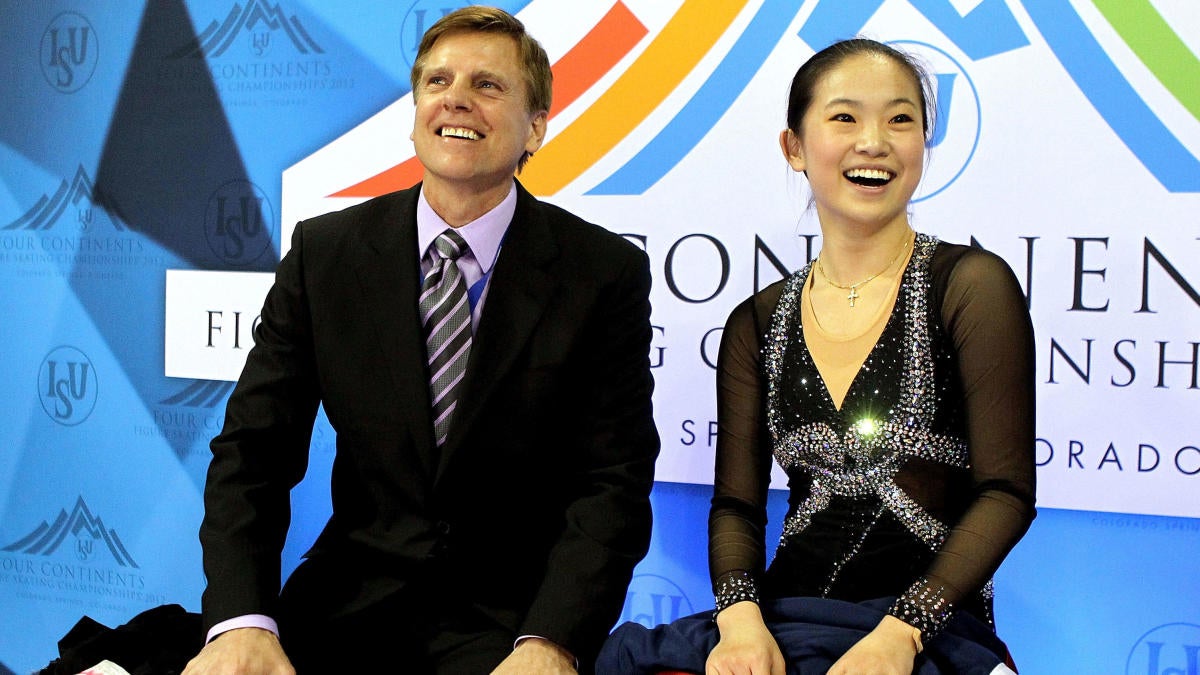In addition to the reasons you mentioned, I think emotional abuse has often not even been considered abuse (and still isn't by many). It's considered "tough coaching", what it takes to get ahead, and any other number of euphemisms. People think if you can't handle it, you aren't tough enough to survive in the sport. It takes a long time to change that attitude and I think we still have a long way to go. Plenty of parents still want their daughters coached by Maggie Haney even after they know how she treated Laurie Hernandez.
I don't really follow gymnastics, so I read this article:
https://www.nytimes.com/2020/11/30/sports/olympics/gymnastics-abuse-laurie-hernandez-haney.html
A couple of things I found interesting:
Henry Rivera, an engineer at a software company, moved his 12-year-old daughter to MG Elite last year so she could train with Haney. He said she had left her previous gym because her routines were getting sloppy and the coach there was pushing her to perform skills she didn’t feel prepared to do.
Rivera said he appreciated that Haney had made the gym a safe space for his daughter, yet never babied her.
“If I wanted her to come home happy and smiling every day, I’d send her to clown school; I’m serious,” Rivera said.
Another parent at the gym, Charisse Dash, is a sports agent who recruits athletes from the Dominican Republic to play in Major League Baseball. Her 10-year-old daughter has worked with Haney since she was 6.
“You’re not there to play, you’re there to work,” Dash said, describing that type of gymnastics as “a 9-to-5 job.”
She added: “Do I classify the rigor of the training as abuse? I think you really have to see it on a case-by-case basis.”
Dash said she and her husband ran “a very tight ship” at home with their five children, where screaming, not coddling, was common. So, to them, Haney’s demanding style was a great fit.
“I don’t think it’s fair to say that Maggie is an abuser, by all means,” Dash said. “It depends on how much any child or any person can tolerate.”
I think one thing that a lot of elite athletes have in common is driven parents who believe that success comes from pushing hard. They push their kids and they expect other people to push their kids. I think this is particularly true of self-made types--if you are a person who came from, say, a working class background and you made it, so to speak, you tend to be very driven and to see that kind of drive as not only normal but necessary. The mother above, for example, see screaming at her kids as common because that's what she sees as a tight ship. I'll bet she pushes herself hard every day.
As a young gymnast herself, training in an elite program for a while, Haney worked with harsh coaches who screamed at the girls, she recalled, and had them step onto a scale daily, then listed everyone’s weight on a bulletin board in the gym. To make the girls lose weight, the coaches forced them to wear rubber suits or 20-pound belts and jog around the gym, she said.
“It didn’t faze me and didn’t bother me, but that kid next to me, it could’ve really bothered and scared them,” she said,
Two things here--I do think that this a major issue with a lot of coaches. You can only teach what you know and what a lot of elite athletes know is "being tough."
I also think that throughout this article, there is an underlying thread from both Maggie Haney and the parents who were quoted that the problem is the athletes are too sensitive. I think that's a very common view as well. To a certain degree, I can see how those attitudes develop--you aren't going to succeed in an elite competitive environment without developing a pretty thick skin. You do have to have high standards and expectations for elite competitors. You do need to push.
Education helps, but I think people vastly overestimate the effect of education. It can only change things if the student is willing to learn and change. The culture is what has to change and that's a huge ask.
And one last thing--yes, I did read some other articles and yes, I am aware that some of Haney's claims in this article are disputed.



